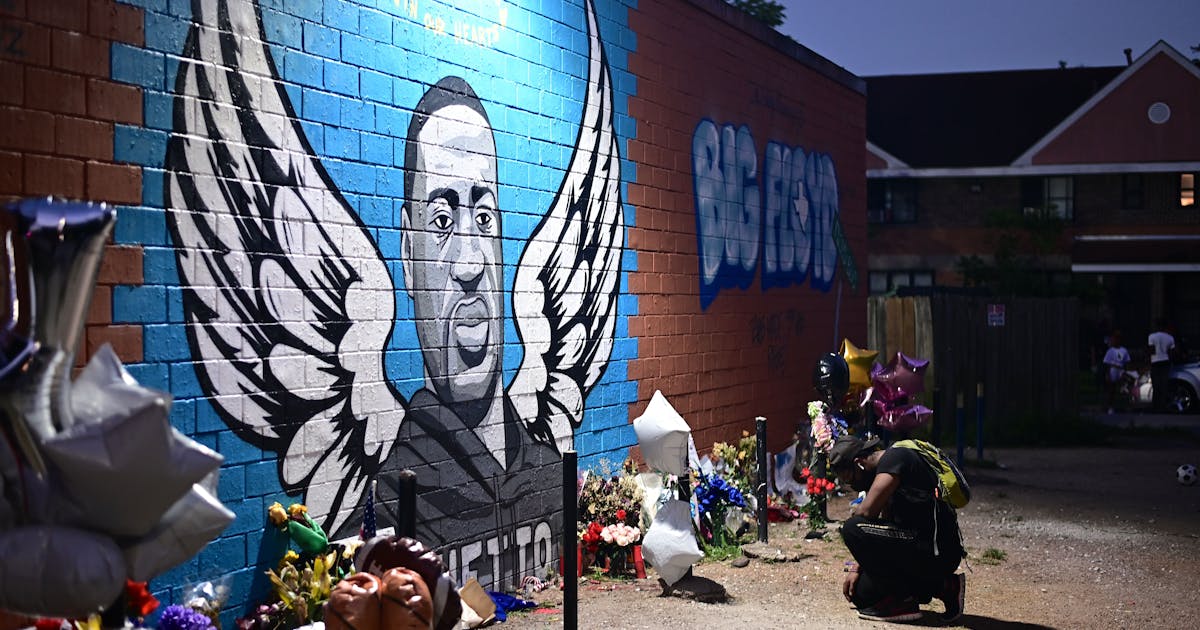It's sad what white racists refuse to see. And it's done on purpose.
“Because most whites have not been trained to think with complexity about racism, and because it benefits white dominance not to do so, we have a very limited understanding of it (Kumashiro, 2009; LaDuke, 2009). We are the least likely to see, comprehend, or be invested in validating people of color’s assertions of racism and being honest about their consequences (King, 1991). At the same time, because of white social, economic, and political power within a white dominant culture, whites are the group in the position to legitimize people of color’s assertions of racism.Being in this position engenders a form of racial arrogance, and in this racial arrogance, whites have little compunction about debating the knowledge of people who have thought deeply about race through research, study, peer-reviewed scholarship, deep and on-going critical self-reflection, interracial relationships, and lived experience (Chinnery, 2008). This expertise is often trivialized and countered with simplistic platitudes, such as “people just need to see each other as individuals” or “see each other as humans” or “take personal responsibility.”
White lack of racial humility often leads to declarations of disagreement when in fact the problem is that we do not understand. Whites generally feel free to dismiss informed perspectives rather than have the humility to acknowledge that they are unfamiliar, reflect on them further, seek more information, or sustain a dialogue (DiAngelo & Sensoy, 2009).”
Dr. Robin DiAngelo
USMB is a fine example of everything mentioned above. And while there are members here who practice racism in their daily lives, they deny the existence of systemic racism.
View attachment 515152
Conservatives simply ignore a vast amount of evidence documenting its existence.

newrepublic.com
Lately, right-wingers have been on something of a tear denying the existence of “systemic racism.” Harvard government professor
Harvey Mansfield, writing on the conservative
Wall Street Journal op-ed page,
Andrew McCarthy in
National Review, and
Heather Mac Donald of the Manhattan Institute, all have argued that systemic racism is nothing but a term designed to lay a guilt trip on white people and also explain away the continuing failure of Black people to take responsibility for their own inadequacies.
To right-wingers, racism only matters when it is conscious and deliberate; racism that is unconscious,
implicit, or institutional simply doesn’t count in their worldview. And as individualists, they think we are all masters of our own fate: If people are poor, it is basically their own fault. Therefore, systemic racism is an impossibility.
The number of true racists in society is trivially small, conservatives believe, and all evidence that Black people are economically disadvantaged just shows that they don’t work hard enough or save enough, have too many children out of wedlock, or are too comfortable being on welfare. The playbook here is clear: Always identify some reason for racially disparate life outcomes that lets white people off the hook and lays the responsibility for their circumstances squarely on Black people themselves. It’s a classic case of blaming-the-victim rhetoric.
It is undeniable, however, that Black people
are materially worse off than white people in a variety of ways indisputably documented in objective data. A new report on household income from the
Census Bureau shows that the median income (the exact middle of the distribution) for Black households was just $45,438 in 2019, versus $72,204 for white households. The poverty rate was 18.8 percent for Blacks but only 7.3 percent for non-Hispanic whites. These gaps have existed for decades.
According to the
Bureau of Labor Statistics, African Americans have had lower earnings and higher unemployment for as far back as there is data. One reason:
Research shows that employers are less likely to interview job applicants with Black-sounding names than those with white-sounding names. It’s even the case that Black taxi drivers receive
lower tips than whites.
Space prohibits a full accounting of all the ways systemic racism permeates American society. A recent effort by
Citigroup economists to calculate its economic impact concluded that if the racial gap in the U.S. had been closed 20 years ago, the gross domestic product would have been higher over this period to the tune of $16 trillion. Here’s a partial rundown of Citigroup’s findings:
- Closing the wage gap would have added $2.7 trillion to Black income, raising consumption and investment throughout the economy.
- Improving access to housing credit would have raised the number of Black homeowners by 770,000, which would have added $218 billion to GDP.
- Increasing access to higher education for Black students could have added as much as $113 billion to national income.
- Leveling the playing field for Black entrepreneurs in terms of lending might have led to an additional $13 trillion in business income, creating 6.1 million jobs per year.
- Closing all these gaps immediately would raise GDP by $4.8 trillion between now and 2025, adding 0.4 percent to the growth rate per year.

newrepublic.com